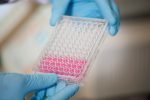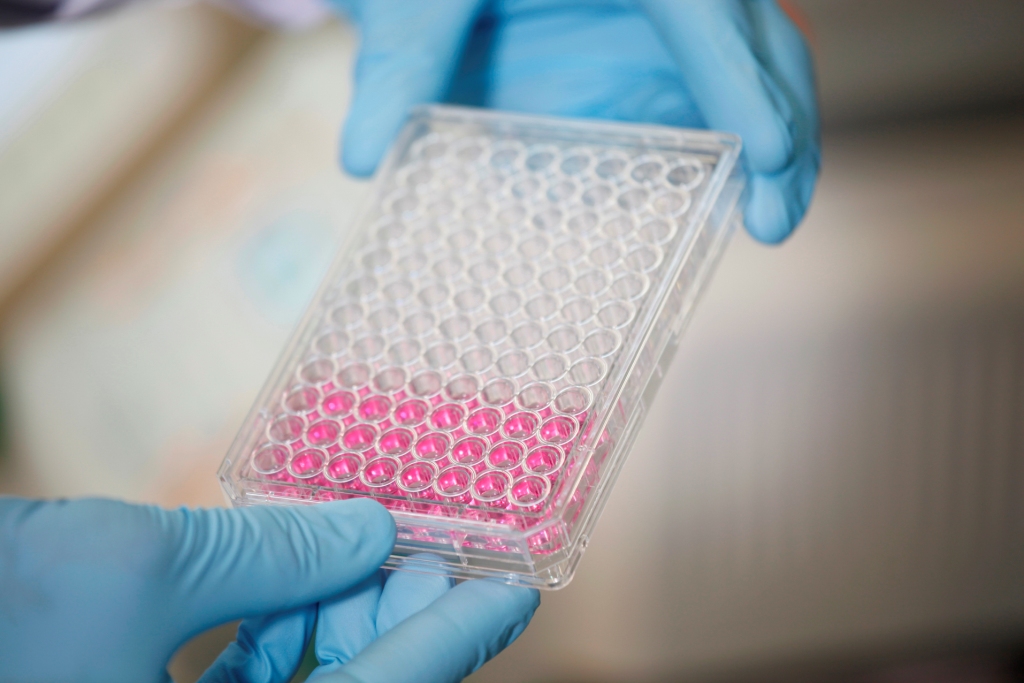Many viruses can cause common colds or flu-type infections. They are usually transferred by smear and droplet infection, entering the body via the skin, tears or saliva. They then spread by attacking host cells and turning them into virus replicators in a snow-ball system. In doing so, they drastically weaken the host’s resistance. The symptoms of a common cold extend from fever, headache and aching limbs to runny eyes and nose, coughing and a loss of appetite.
On average, an adult will suffer from a troublesome common cold two to four times a year. Despite all adaptability, it takes the immune system up to two weeks to rid the body of the highly mutating cold viruses again. The sooner the body notices and fights the infection, the shorter and milder the course of the cold. New studies show that homeopathically prepared medications give the necessary triggers to support the body’s mechanisms of self-healing.
“Combination medications with low levels of active substance can stimulate the production of interferon. The cells need this messenger to trigger the immune defense”, explains Bernd Seilheimer, Head of Pre-clinical Research at pharmaceutical manufacturer Heel in Baden-Baden. “In-vitro tests under controlled laboratory conditions now verify the observations that we have been collecting for years during empirical and clinical studies: homeopathy works!”
The researchers looked at how epithelial and blood cells reacted to a virus infection. An immunological verification procedure showed that cell cultures previously treated with homeopathically prepared medications were far more successful in fighting viruses than untreated cells. They produced more interferon type I (IFN-I), a signal molecule for our innate immune system which stimulates the organism to fight against the intruders, no matter what kind of virus they are.
Heel leads the field in research into natural medicine using the very latest technical standards. Currently Heel’s activities encompass 50 research projects in twelve countries with recognized international experts, institutes and universities. Every year, the company invests tens of millions of Euros in scientific medical research.
The results of the in-vitro study, were published in the Journal of Immune Based Therapies and Vaccines at the end of 2010. An electronic version of the article is available on the internet.


